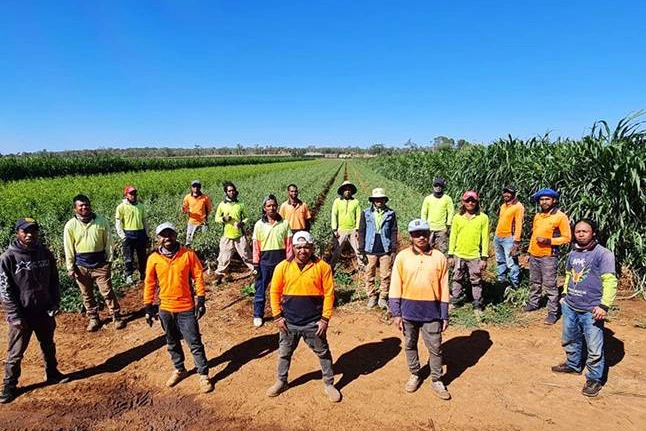



Article by: Hari Yellina
This week’s events have proved if it wasn’t already clear, that federal politics is firmly in campaign mode ahead of the May election. The stakes are great, as they are in most elections. The next several months will be crucial, first in identifying a winner, and then in establishing the country’s course. At this point in the election cycle, the opposition is being scrutinised more closely. Their tasks have grown to include anything from keeping the existing government accountable to laying forth a different vision for the future and a set of policies to implement it.
The federal ALP has started working on this issue. On top of Labor’s national platform, Leader Anthony Albanese has listed his top objectives. However, many disparities exist, particularly in their suite of agriculture policies, and especially in their positions on crucial farm labour regulations. If rural Australia is to cast a fully informed vote, these gaps will need to be rectified. There is absolutely no idea as to what the opposition thinks of the National Agricultural Workforce Strategy’s recommendations or the Morrison government’s reaction to them, including the $29 million invested in human capital initiatives over four years as part of their AG2030 package in the recent budget.
Moreover, it is also dicey as to what plans Labor has to ensure a productive and stable seasonal labour workforce for Australian agriculture, given changes over the last two years that have created a structural gap. On this issue, one of the most important questions for the ALP to answer before the election is whether they support Prime Minister Morrison’s commitment to Pacific Island nations to double the number of seasonal workers from those countries. Also, the primary question is whether or not they are in favour of Australia’s new agriculture visa. What they’re proposing instead, if they don’t support it, is to address the impending shortage of unskilled labour as a result of changes to the Working Holiday Maker programme.
The answers to these questions are critical for the $11 billion Australian horticulture industry. Between now and the election Growcom is open to working with the opposition to ensure that should the voting public give them the nod, they’ve got the policies we need to secure the future of the sector.